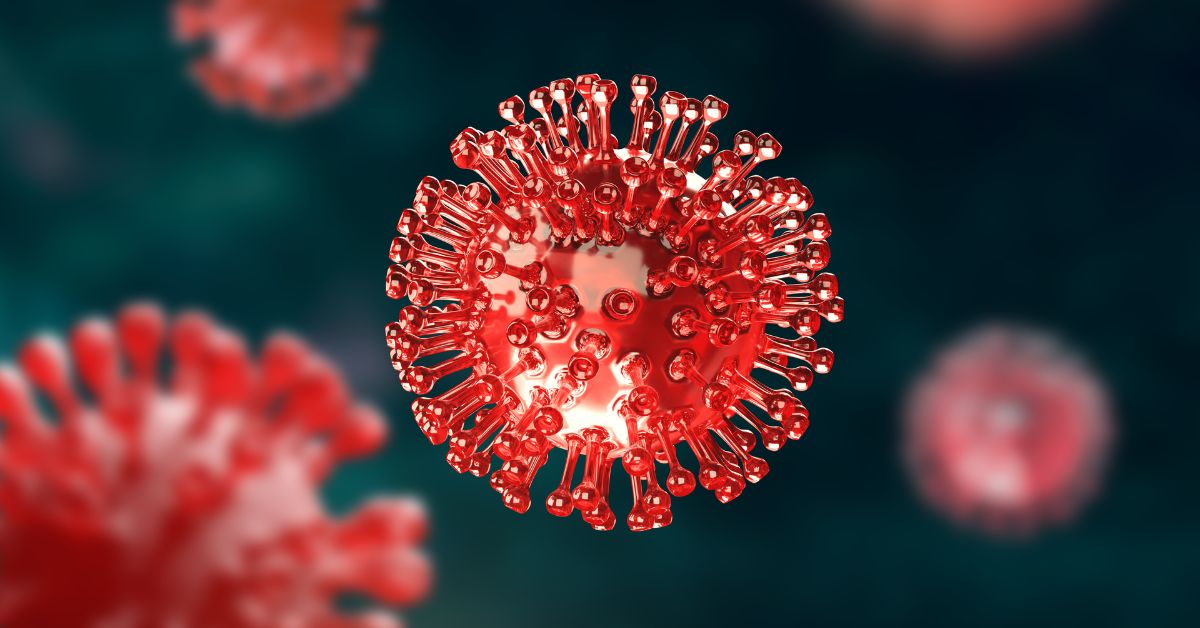We still don't fully know the full impact that Covid-19 will have, but studies have already shown its relationship with the development of cardiovascular problems.
According to an article published in the World Health Organization, around 16% of patients with this disease are affected by cardiovascular complications.
As a cardiologist, you should always be up to date in the field and keep abreast of new studies, promoting the best possible care for your patients.
Read on and find out more about the relationship between cardiovascular problems and Covid-19!
How Covid-19 is linked to cardiovascular problems!
Take a look at the main heart problems linked to Covid-19.
Heart damage
Cardiac lesions are proving to be a prominent feature of the disease, occurring in between 20% and 30% of hospitalized patients.
In the case of non-hospitalized patients, this rate varies from 7% to 23%.
In addition, they still contribute to 40% of deaths.
Arrhythmias
One of the cardiovascular problems that accompanies injuries is arrhythmia.
A study carried out in China with 138 patients hospitalized for Covid-19 found that 16.7% developed arrhythmia and 7.2% had acute heart damage.
They also had echocardiographic orelectrocardiographic abnormalities.
Of these patients, 12% who had no previous cardiovascular problems had cardiac arrests or high levels of ultrasensitive troponin T during the hospitalization period.
The increase in this substance intensifies the possibility of a "cytokine storm" or secondary hemophagocytic lymphohistiocytosis.
Acute myocarditis
Around 10% of patients develop myocarditis.
Studies show that the disease is more common among people with more severe cases and may be related to acute heart failure in Covid-19 patients, especially in the case of fulminant myocarditis.
Its development may be related to the high levels of troponin that were identified in the study carried out in China.
Heart failure
Heart failure was reported in 23% of Covid-19 patients.
Congestive heart failure was reported in 5% of patients and can lead to impaired electrical homeostasis in the myocardium, causing ventricular tachycardia which should be treated with shock or ATP therapy.
What is the pathophysiological mechanism involved in these cardiovascular problems?
Although there are many studies showing a link between the development of cardiovascular problems and Covid-19, it is not yet clear what its origins are.
It is still a disease that contains many mysteries to be unraveled and we are discovering new effects on the human body every day.
The Brazilian Society of Cardiology points out that the causes can be divided into direct and indirect.
In the former, for example, direct damage mediated by the angiotensin-converting enzyme 2 (ACE 2) via protein S would occur due to the high affinity between the virus and ACE 2, as well as deregulation of the renin-angiotensin-aldosterone system.
As for indirect, we can mention:
- hypoxia-induced myocardial injury: caused by oxidative stress, intracellular acidosis and mitochondrial damage,
- microvascular and macrovascular heart damage: caused by hypoperfusion, vascular hypermeability, angiospasm and hypercoagulability and thrombosis,
- systemic inflammatory response syndrome: cytokine storm, dysregulation of immune system cells and uncontrolled inflammatory processes.
At the moment, we can't be sure of the pathophysiological mechanism, but we must focus on early diagnosis of cardiovascular problems in order to tailor treatment and increase the patient's chances.
This can be done through CT scans, echocardiograms or cardiac magnetic resonance imaging.
Now that you know more about cardiovascular problems and their relationship with Covid-19, how about sharing this post with your professional colleagues to provide more information about this disease and help them in the fight against Coronavirus?
If you like, keep following our blog for more articles for cardiologists!



